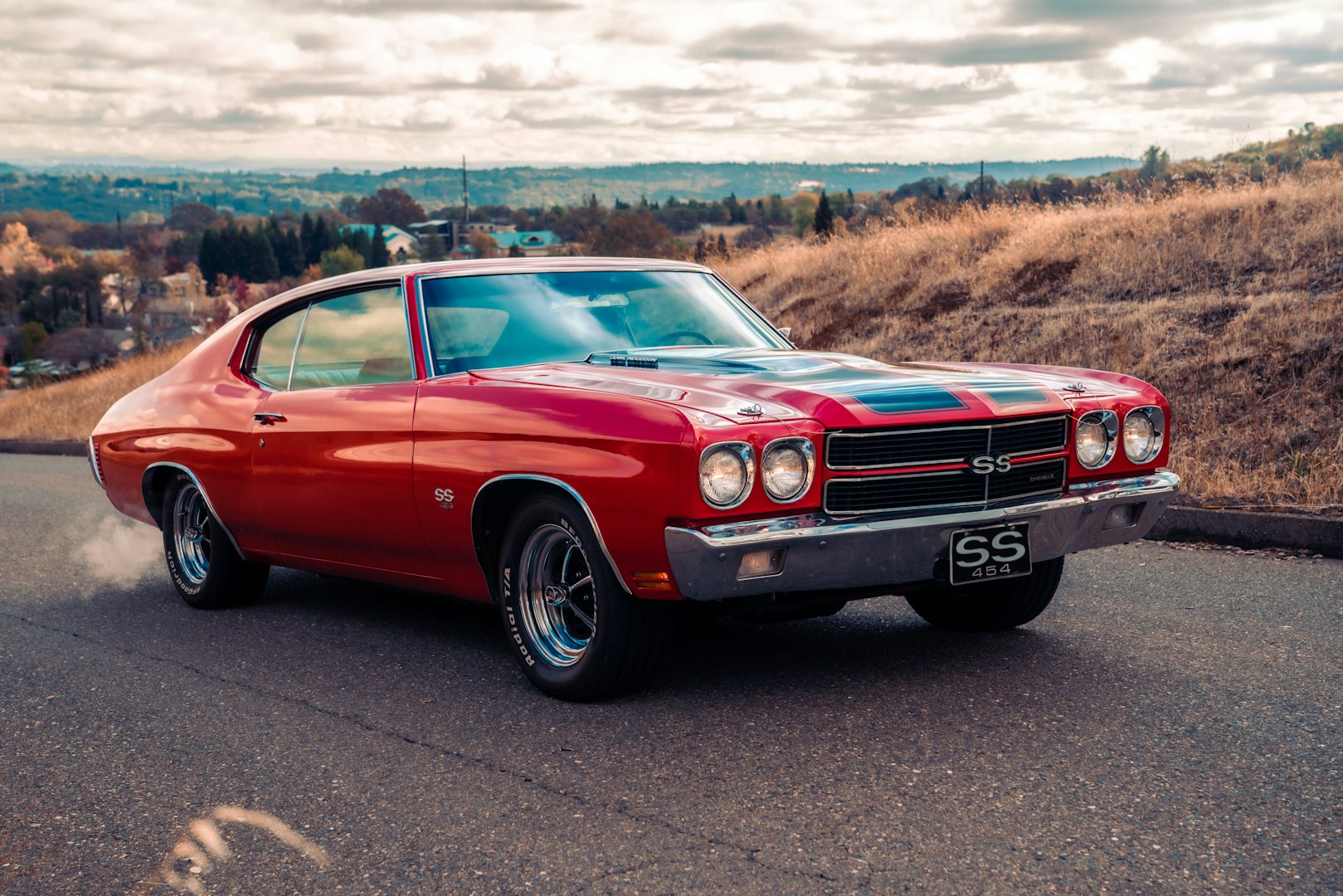why CLASSIC CAR insurance is essential:
Agreed Value Coverage: Unlike regular auto insurance, classic car insurance often offers an "agreed value" coverage. This means that both the insurer and the owner agree upon the value of the vehicle at the outset of the policy. In the event of a total loss (due to theft, accident, etc.), the insurer pays the agreed-upon value without factoring in depreciation.
Specialized Coverage: Classic car insurance may provide coverage for specific needs of vintage vehicles, such as spare parts, restoration costs, and coverage for car shows or exhibitions.
Lower Premiums: Depending on the insurer and the agreed-upon usage of the classic car, premiums might be lower compared to regular auto insurance. This is because classic cars are often driven sparingly and are well-maintained, reducing the risk of accidents.
Customizable Policies: Owners can usually tailor classic car insurance policies to fit their individual needs. For instance, if the car is only driven for exhibitions or limited pleasure use, the policy can reflect that reduced usage.
Expertise in Classic Cars: Insurers specializing in classic cars often have a better understanding of the unique needs and values of these vehicles. They might have networks of specialized repair shops or restoration experts.
Protecting Investment: Classic cars often appreciate in value over time, especially if they're well-preserved or restored. Classic car insurance helps protect this investment by ensuring proper compensation in case of damage, theft, or loss.
It's important to note that eligibility criteria and specific coverage options can vary among insurance providers. However, for owners of classic cars, having insurance tailored to the unique needs of these vehicles is crucial. Standard auto insurance may not adequately cover the value or special requirements associated with classic cars, making classic car insurance an essential consideration for owners looking to protect their prized possessions.

